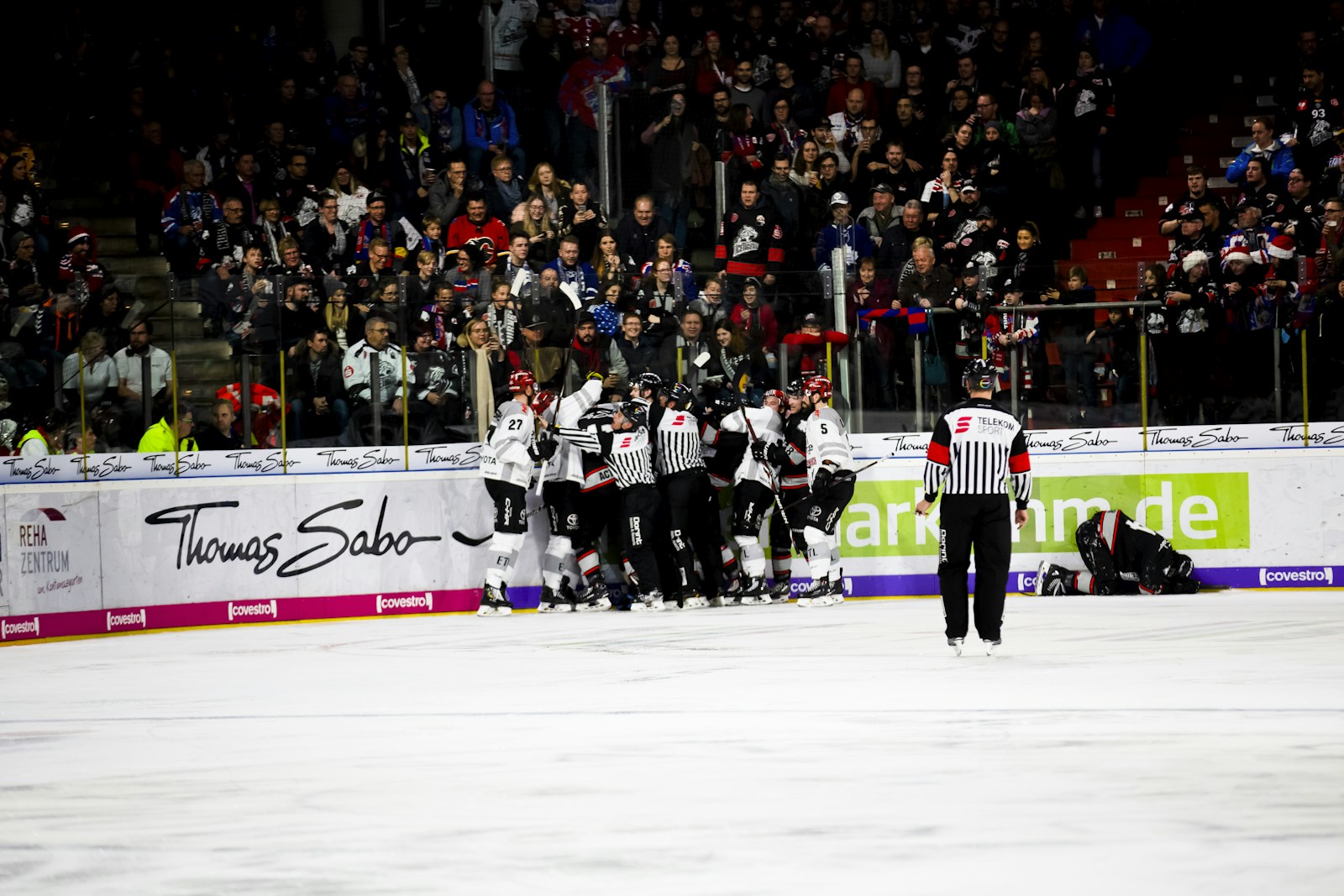
Blasen

blow
The German word 'Blasen' is used as a verb to describe the action of blowing. It can be used in various contexts such as blowing out candles, blowing a horn, or blowing a bubble. However, it's important to note that 'Blasen' can also have other meanings, including a slang term, so context is key.
Example sentences using: Blasen
Ich muss meine Wangen aufblasen, um die Trompete zu spielen.

I have to puff my cheeks to play the trumpet.
This example shows the verb 'aufblasen' which is a reflexive verb, showing that the action is done by the subject to itself. This verb is often used in the context of blowing up balloons or inflating something.
Er hat eine Blase am Fuß vom Wandern.

He has a blister on his foot from hiking.
In this sentence, 'Blase' is used as a noun meaning 'blister'. It demonstrates that the word can also be used in a medical context or when discussing physical injuries.
Die Seifenblasen schweben in der Luft.

The soap bubbles are floating in the air.
This sentence uses the compound noun 'Seifenblasen' (soap bubbles). German often creates new words by compounding nouns, and in this instance 'Blasen' stands for bubbles, a part of the compound noun.